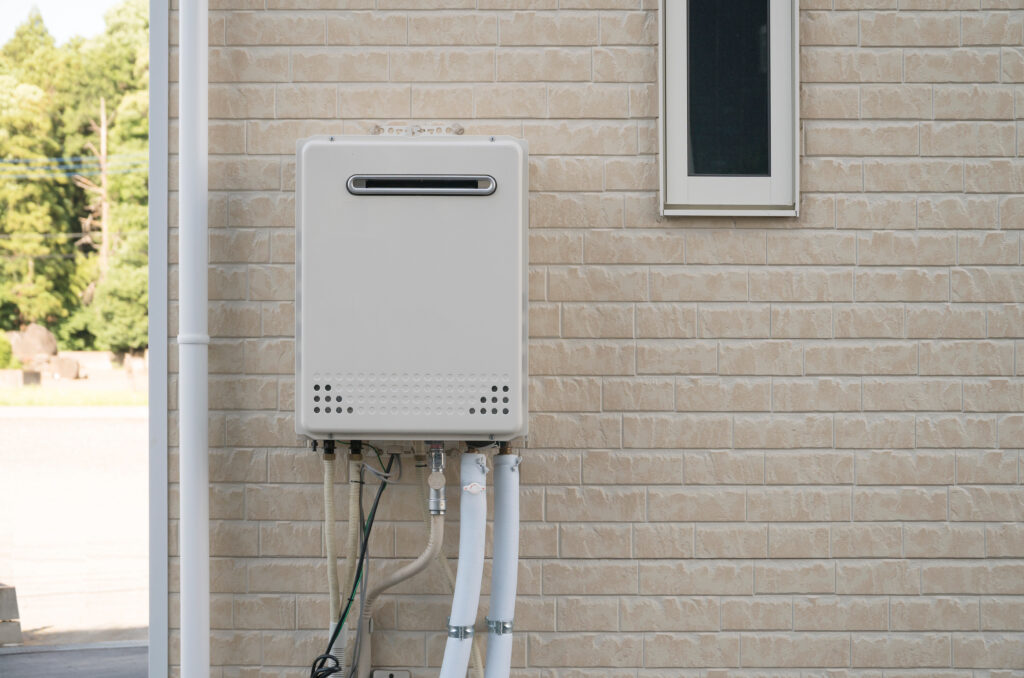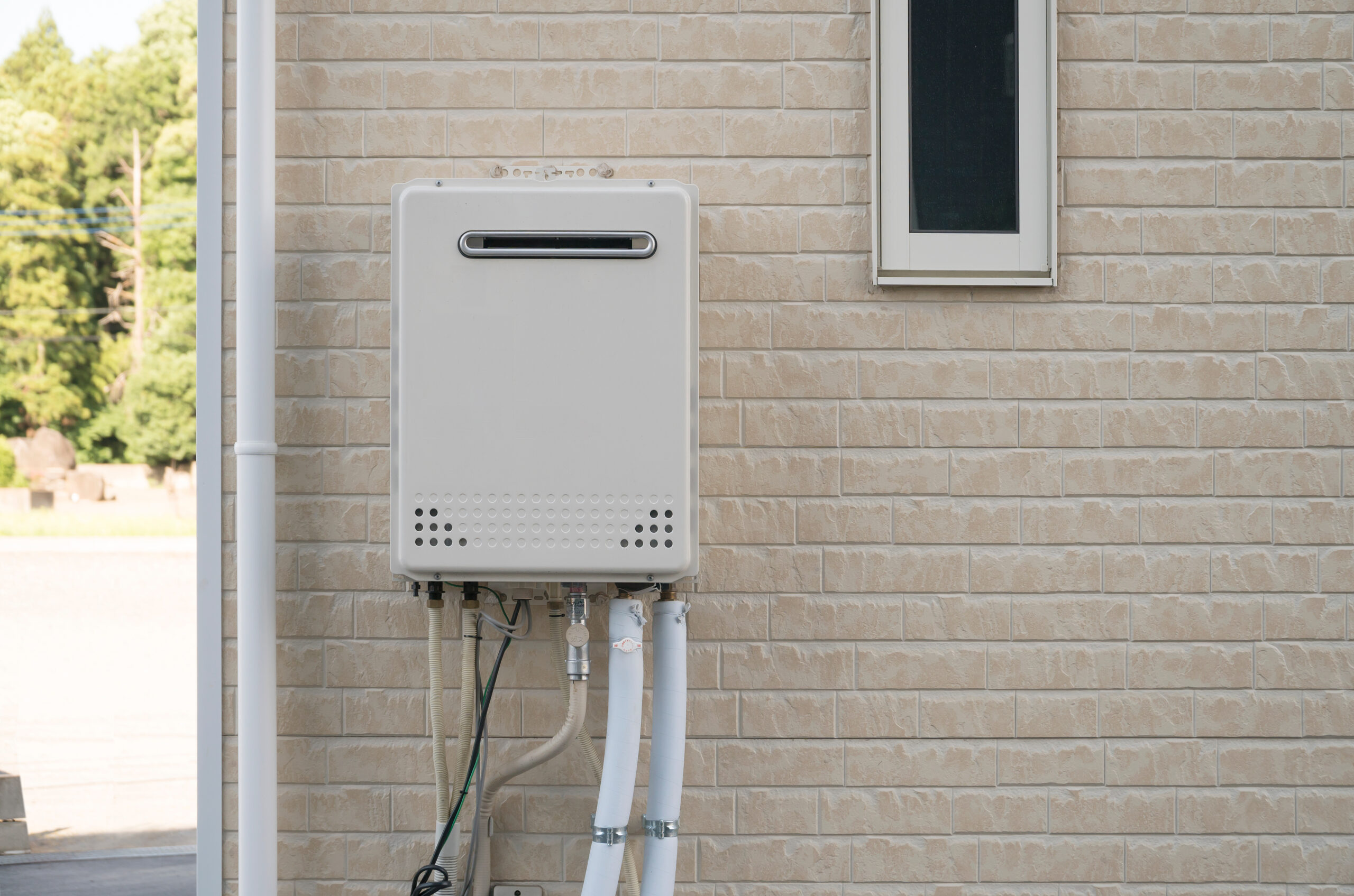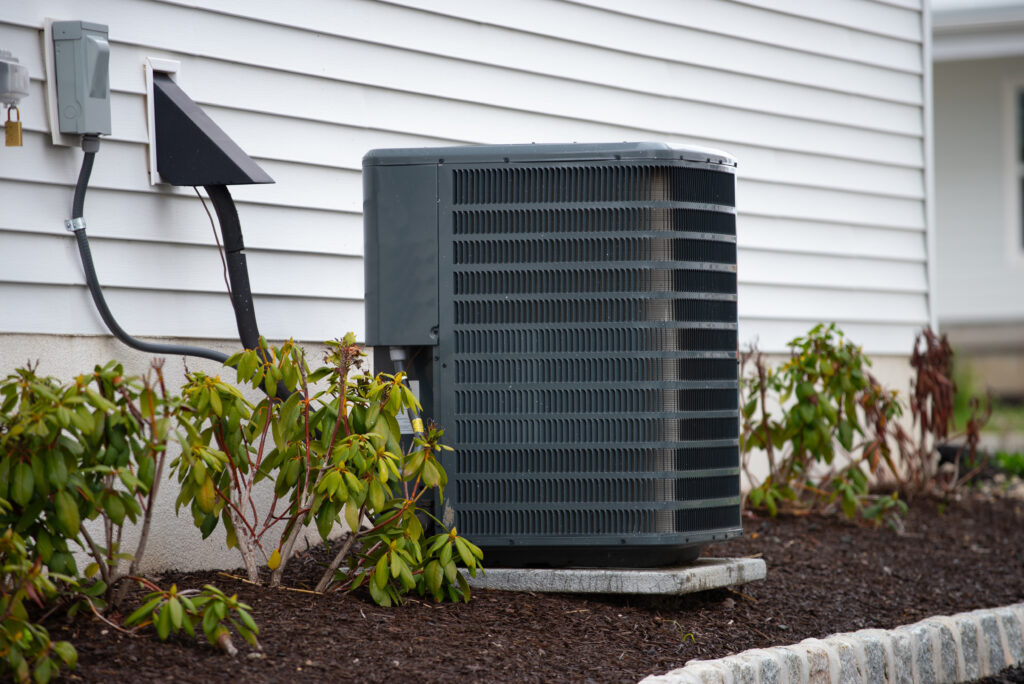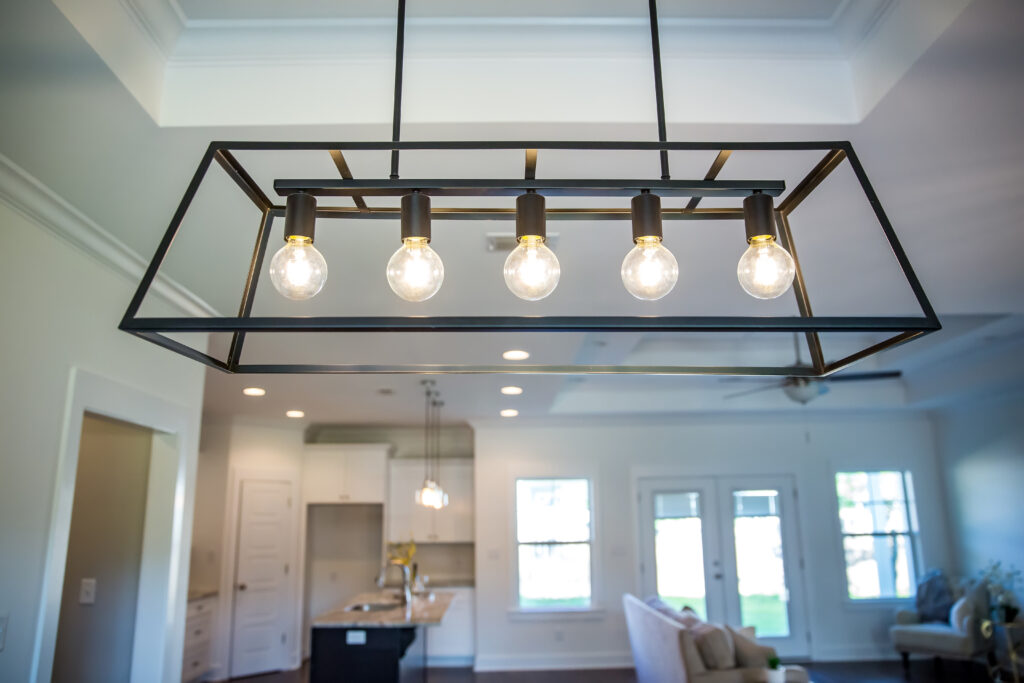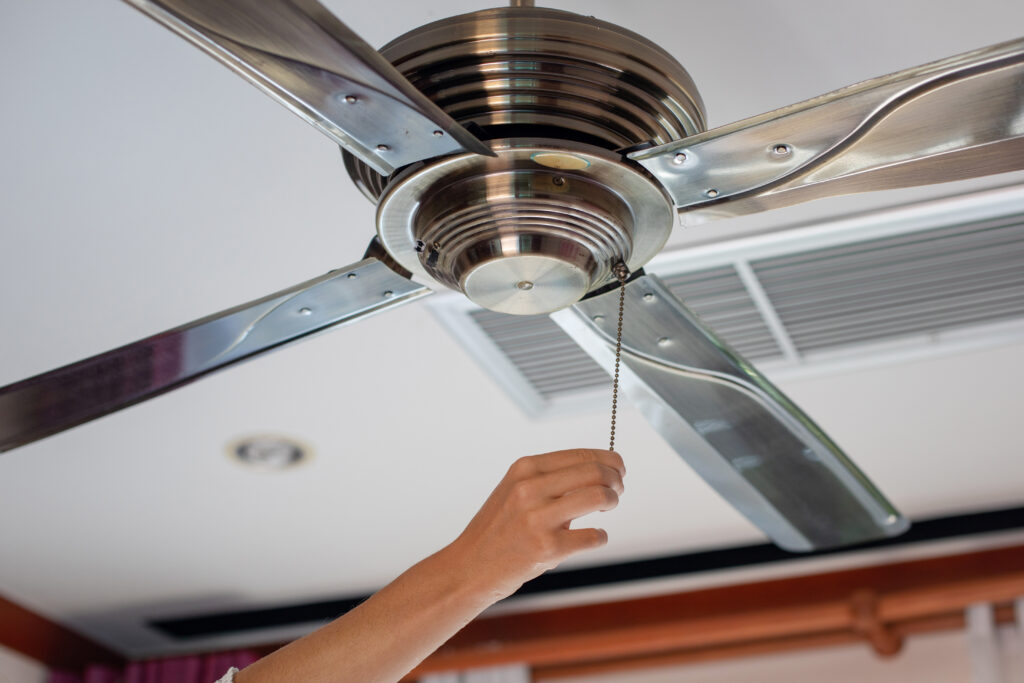Understanding Tankless Water Heaters: Efficiency, Convenience, and What Homeowners Need to Know
Hot water is one of those home comforts we often take for granted—until it’s suddenly not there. Whether you’re mid-shower or rinsing dishes, reliable hot water is essential. And as technology continues to evolve, more homeowners are considering switching from traditional storage water heaters to tankless alternatives. Tankless water heaters, also known as on-demand water heaters, bring energy efficiency and convenience together in a compact package. But before diving into an upgrade, it’s important to understand how these systems work, their advantages and drawbacks, and how they fit within the bigger picture of home maintenance. This guide breaks down everything homeowners need to know, drawing on insights from the home warranty industry to help you make an informed decision.
What Is a Tankless Water Heater and How Does It Work?
Unlike traditional water heaters that heat and store water in a large tank, a tankless water heater heats water only when you need it. When you turn on a hot water tap, cold water travels through a pipe into the unit, where it is heated by either a gas burner or an electric element. This process delivers a constant flow of hot water without the need for storage. The system shuts off the moment you turn off the hot water, meaning energy is only used in real-time, not continuously. This “on-demand” approach is what defines tankless water heaters and is the core of their energy efficiency.
Key Advantages of Going Tankless
Energy efficiency is usually the headline feature, and for good reason. Because tankless systems avoid the standby heat loss that comes with storage tanks, they can reduce energy consumption—sometimes significantly depending on household usage patterns. For homes that use less than 41 gallons of hot water daily, tankless systems can be 24–34% more efficient. Beyond just lower utility bills, these systems also offer virtually unlimited hot water. This is especially beneficial for larger families or homes with high water demand. Compact size is another key advantage. Mounted on the wall, tankless heaters free up valuable floor space, making them well-suited for smaller homes or utility areas. Lastly, their lifespan is typically longer than that of tank-style heaters, often lasting upward of 20 years with proper maintenance compared to 10–15 years for traditional models.
Drawbacks and Considerations
Tankless water heaters aren’t the perfect solution for every home. One common disadvantage is higher upfront cost. Between the unit itself and professional installation, the initial expense can be considerably more than a conventional water heater. And while energy savings often offset that cost over time, the return on investment may not be immediate. Additionally, there is something called the “cold water sandwich” effect. This happens when short periods of hot water are used in succession—you might feel a hot-cold-hot fluctuation at the tap. Flow rate limitations can also crop up, especially in households with simultaneous high demand. If you’re running the washing machine, shower, and dishwasher all at once, a single unit might not keep up. Finally, installation can be complex. It may require retrofitting gas lines, upgrading electrical systems, or venting changes—all integrated costs homeowners need to evaluate before committing.
Installation and Maintenance Insights
Installing a tankless water heater is not a casual DIY task. The unit’s specifications have to be matched precisely to your home’s hot water needs. Licensed professionals can help calculate how many gallons per minute (GPM) your household requires and choose the right model accordingly. If you’re running multiple influential appliances, you may even need more than one tankless unit installed in parallel. From a maintenance perspective, tankless systems are relatively straightforward but not maintenance-free. Hard water areas often require descaling at least once a year. This isn’t just about reliability—mineral buildup can negatively affect efficiency and shorten the unit’s life. Other simple maintenance checks include cleaning in-line screens and ensuring vents and air passages remain unobstructed. Scheduling annual service with a licensed technician can mitigate small issues before they become major expenses.
Is a Tankless Water Heater Right for Your Home?
Whether or not a tankless system makes sense for your home depends on a few interrelated factors. Start with household size and water usage. Smaller households with moderate daily demand tend to see the most benefit from these systems. If you’re in a newer home, installation may be easier and less expensive due to more modern infrastructure. In contrast, older homes may require upgraded gas lines or electrical panels, which can quickly drive up costs. Geographic location also matters—electric units are ideal in areas with lower electricity rates, while gas systems may be better suited for places with higher electric utility costs. If you plan to stay in your home long-term and are looking for ways to reduce energy consumption, the investment can be worthwhile. Conversely, if you’re preparing a house for resale in the short term, other improvements may offer a better return.
Warranty Coverage and Long-Term Protection
Because tankless water heaters tend to last longer than their tank counterparts, they are a smart candidate for protection under a home warranty. Unlike manufacturer warranties, which typically cover only defects and come with a limited scope, a home warranty plan can help safeguard against normal wear and tear. This can be particularly valuable during the typical 20-year lifespan of a tankless unit. With complex components such as burners, control boards, and heating elements, a single repair can be costly without coverage. A comprehensive home warranty ensures that unexpected repairs don’t interrupt your access to hot water—or your household budget. When choosing a warranty provider, it’s critical to ensure that tankless water heaters are explicitly listed in the coverage and are not subject to obscure exclusions or caps that limit their usefulness.
Why a Home Warranty from Armadillo Is the Smart Move
Tankless water heaters offer efficiency, convenience, and space-saving advantages—but smart homeowners know that even the best systems need protection. That’s where Armadillo comes in. With a modern, user-friendly approach to home warranties, Armadillo gives you robust coverage tailored to today’s appliances and systems, including tankless water heaters. Our plans are transparent, straightforward, and designed to eliminate the guesswork. Whether you’re already living the tankless life or considering the switch, Armadillo helps ensure that your investment remains protected, and your hot water remains uninterrupted. To explore our protection options and customize a home warranty plan that fits your needs, visit our homepage at Armadillo or start building your plan today at Plan Builder.
















